Mental Health And The Menopausal Woman
One of the significant milestones women will go through in their lifetimes is menopause. Menopause marks the end of a woman’s ability to conceive a child, and with that, the stopping of her menstrual cycle once menopause is complete. The majority of women experience menopause when they are between forty-five and sixty years old, though the duration is different for every woman. This natural process every woman experiences has some challenges though—besides numerous physical symptoms, menopause often affects a woman’s mental health and can negatively impact her daily life.
Learn more about the symptoms, causes, and treatments women endure when it comes to menopause, and the impact it can have on their mental health.
How Can Menopause Affect Mental Health?
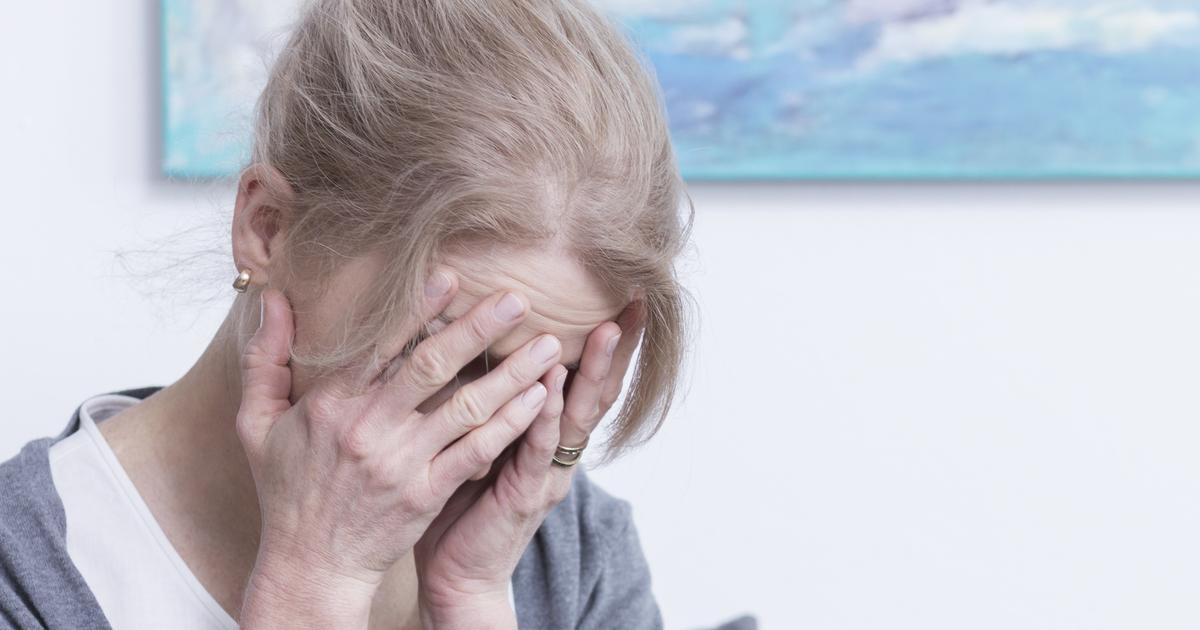
Estrogen (the hormone responsible for sexual and reproductive development in women) is the main culprit when it comes to connecting menopause to mental health. Sufficient levels of estrogen must be present in the brain to keep a patient mentally stable, and the hormone actively protects the brain’s neurons against degeneration, while enhancing cognitive function and memory. Many of the symptoms of menopause, especially mental health conditions such as depression and anxiety, are associated with serotonin dysfunction, which, according to research, serotonin and estrogen are indistinguishably connected.
During menopause and perimenopause, the stage that prepares the body for menopause, the level of estrogen within a woman’s body drops significantly, which can lead to depression and anxiety, and can be especially damaging to a woman’s self-esteem. The reason for these emotional issues is not always apparent, as research shows menopausal symptoms can affect mood and well-being. To learn more about preparing for menopause, check out this informative article: 10 Things Every Woman Should Prepare For Menopause.
Learn about the symptoms linked to menopause next.
Symptoms Of Menopause
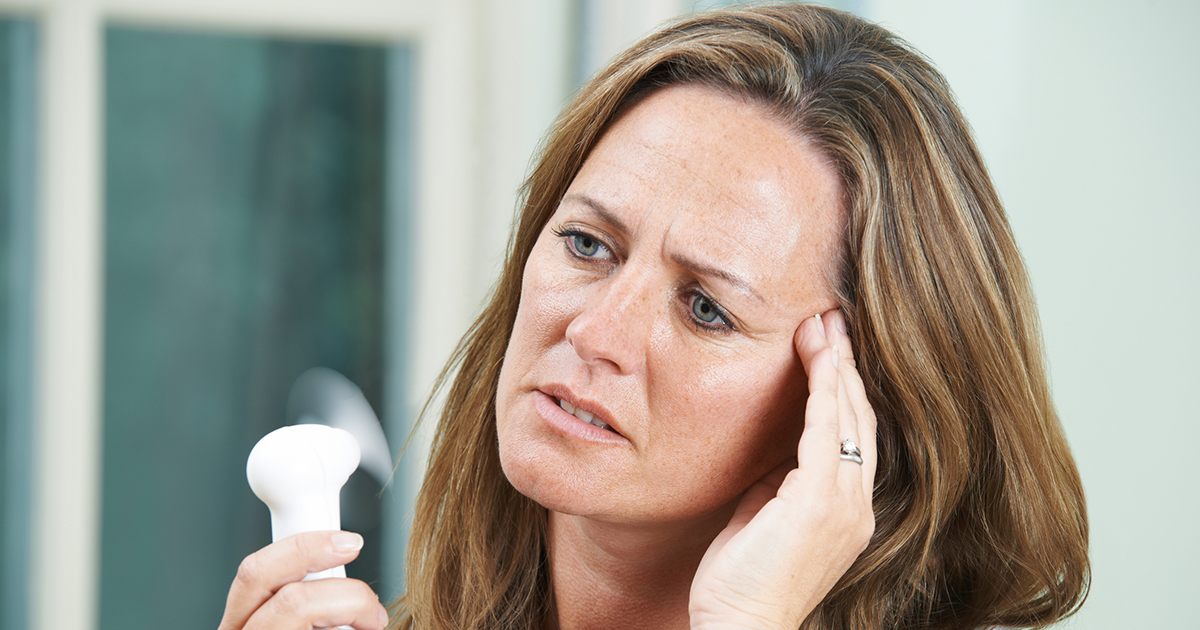
There are numerous physical and mental symptoms associated with menopause. Some of the physical symptoms women may experience include hot flashes, sleep problems, sweating profusely at night, fatigue, frequent urination, weight gain and a decrease in metabolism, irregular periods, and dryness in the nether region. Emotional symptoms include mood swings, irritability, tearfulness, anxiety, post-traumatic stress disorder, the development of or an increase in a variety of phobias, feelings of despair leading up to menopause, as well as depression and anxiety. Another common physical and mental symptom is a decrease in sexual desire, which can also damage a woman's self-esteem. All of these symptoms vary from woman to woman, as each body is unique and reacts differently when going through this natural process.
Get familiar with dealing with depression and menopause next.
Dealing With Depression
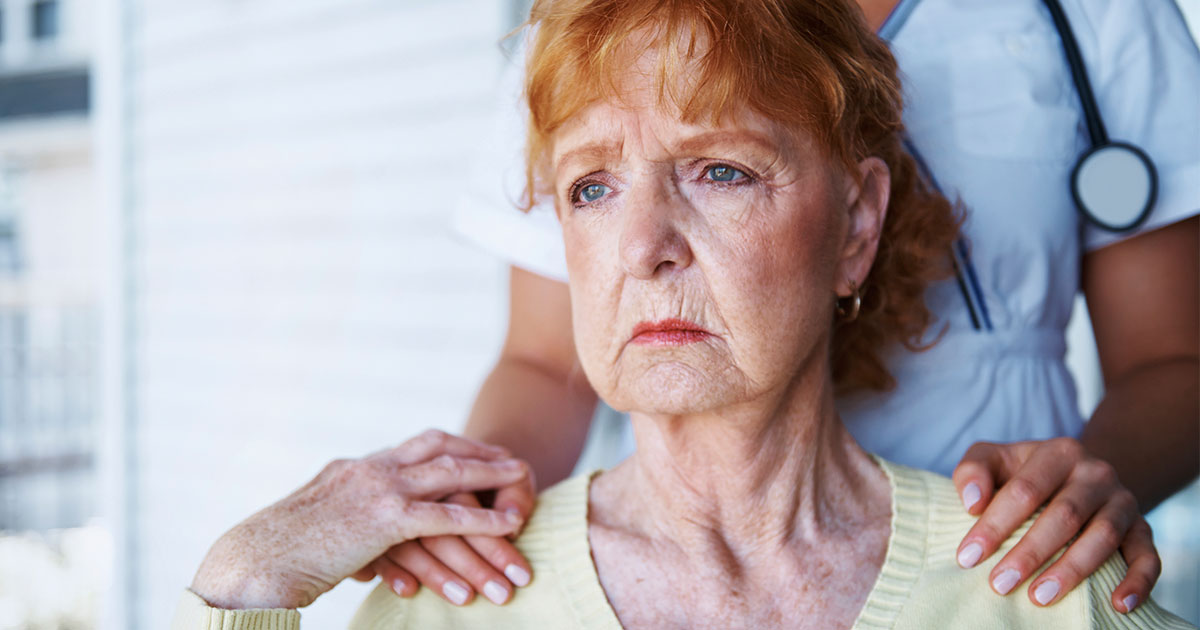
As mentioned, depression is the most predominant mental health issue a menopausal woman can suffer from during this dramatic life change. Research shows women are twice as likely to become depressed compared to men, which can greatly intensify during the perimenopause and menopause phases. Women are also likely to develop anxiety and a variety of phobias during this period. Physical symptoms, such as sleep problems and constant disruption in sleep patterns can put a patient at risk of developing depression. Researchers and doctors alike blame the increased risk of depression on the decrease of estrogen within the body that occurs years before and during menopause.
Other attributes that can increase a woman’s risk for depression include having depression before menopause (which intensifies it), negative feelings towards aging and not being able to bear children, smoking and alcohol consumption, and increased stress. Other symptoms include experiencing severe physical menopausal symptoms, having low self-esteem, not exercising regularly, lapses in memory, decreased energy, irritability, angry outbursts, and not having the social support needed during this time.
Learn about managing anxiety and menopause next.
Managing Anxiety
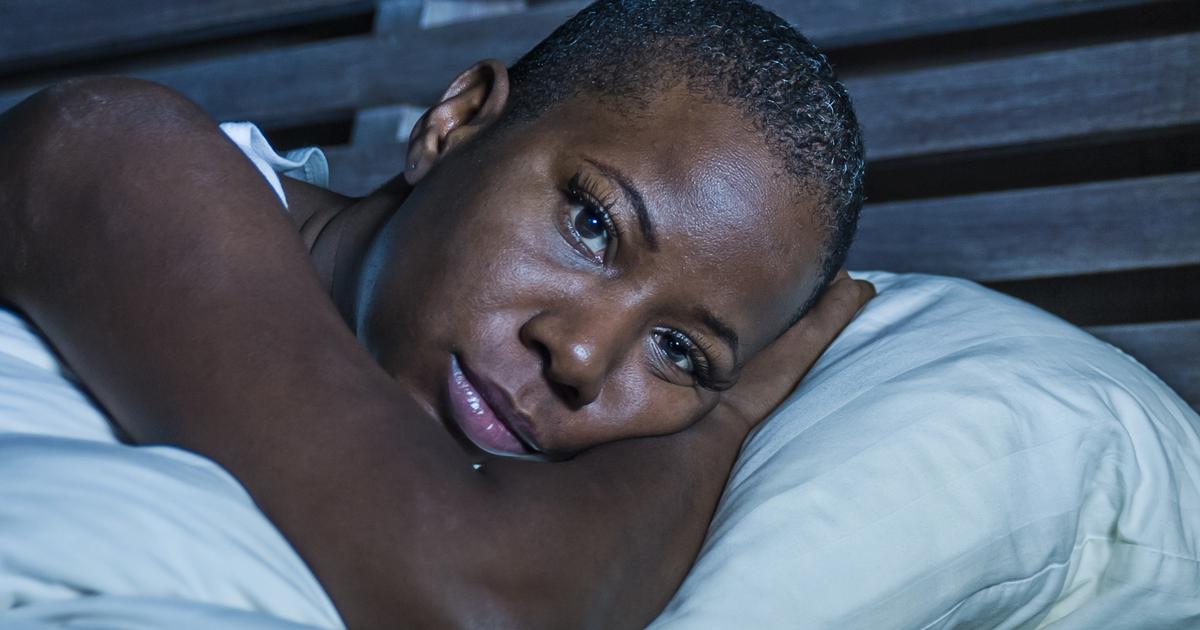
Similar to depression, anxiety is another mental health issue that can negatively impact a woman during menopause, and often has the most difficult symptoms to cope with. Aside from the symptoms of depression, symptoms of anxiety may also include nervousness, panic attacks, feelings of unworthiness and guilt, low self-esteem, restlessness, agitation, and difficulty managing daily life. Many women who experience anxiety feel unable to cope with situations that were never an issue before, such as social anxiety and feeling overwhelmed by others. This can be terribly frightening and undermine a woman’s confidence, and may even make her feel like she is going crazy.
Eight percent of women suffer from agoraphobia, a type of anxiety disorder in which the patient fears and avoids places or situations that can cause them to panic and make them feel trapped, helpless, or embarrassed. Seventy percent of those who experience social anxiety are women, and this form of anxiety can intensify during menopause. Anxiety is a buildup of pressure in the mind, and often the only way to alleviate this stress is to talk about it with a professional or trusted individual.
Consider treatments for anxiety and depression next.
Treatments To Ease Depression And Anxiety

Luckily, there are multiple treatments and lifestyle changes a woman can make to help ease her physical and mental symptoms due to menopause. First and foremost, she should consult a doctor if any of these symptoms become apparent and to receive a proper diagnosis of depression, anxiety, post-traumatic stress disorder, phobias, or any other mental health problems. Depression and anxiety during menopause are treated in similar ways as they aretreated at any other time in life. A doctor can prescribe medications, therapy, lifestyle changes, or a combination of any of these options.
Next, let’s take a look at some treatment options available to menopausal women.
Low-Dose Estrogen Replacement Therapy
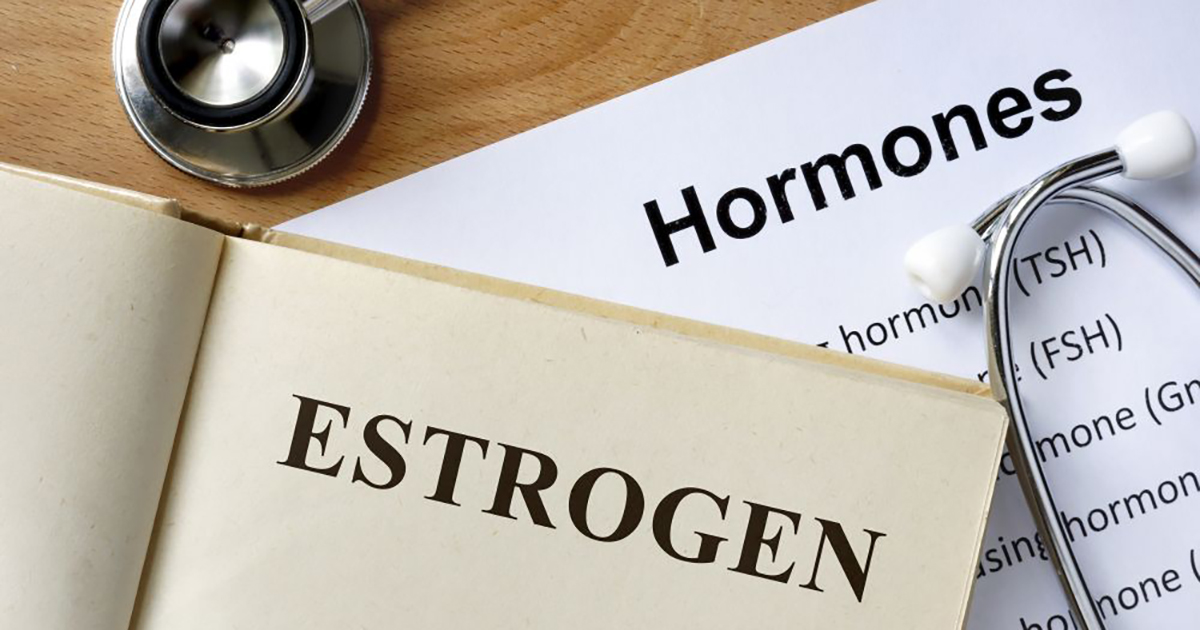
One of the options to help with menopause symptoms is to use low-dose estrogen replacement therapy. In addition to helping protect against osteoporosis, estrogen replacement therapy can help relieve mental health symptoms like depression. The most common type of estrogen replacement therapy comes in the form of oral medication. The majority of these pills will be taken once per day before a meal, though there are some with more complex schedules for dosages. Oral medications have the most studies regarding their efficacy. Another option for low-dose estrogen replacement therapy is skin patches, which can combine progestin and estrogen. The patch is typically worn on the stomach just below the waistline.
Consider the next option for treating menopause and mental health now.
Antidepressant Medication

Antidepressant medication might help women dealing with depression while going through menopause. Depression presents with overwhelming feelings of emptiness, sadness, irritability, guilt, or lethargy. Affected individuals may lose interest in social relationships and activities they previously enjoyed. They might also eat too much or not want to eat at all. In addition to helping with depression, antidepressant medication might be able to help with other menopause symptoms. Nearly eighty percent of menopausal women experience vasomotor symptoms like flushed skin, night sweats, and hot flashes. 'Vasomotor' means the symptoms are related to the blood vessels. Researchers have found low doses of serotonin and norepinephrine reuptake inhibitors (SNRIs) or selective serotonin reuptake inhibitors (SSRIs) might reduce night sweats and hot flashes.
Learn more about the best options for managing both menopause and mental health now.
Support Groups

Support groups can help work wonders in patients dealing with mental health issues or menopause. There are multiple types of support groups for different people. Some groups are specifically designed for menopausal women to talk about their physical and mental health symptoms, connect with each other, and trade coping strategies. Some groups are made for those with depression, anxiety, and other mental health issues to learn coping mechanisms and talk about their feelings. In addition to traditional support groups from local resources, there are also multiple support groups individuals can find through the internet. These groups help connect patients with information and resources for taking care of their mental health.
Discover another option for managing menopause and mental health now.
Talk Therapy

Talk therapy is another good option to help with an individual's mental health. Studies have shown even individuals without mental health issues can benefit from having a therapist. In talk therapy, patients discuss their thoughts and feelings and concerns with their therapist to work through them. It's helpful for individuals who suffer from depression, anxiety, other mood disorders, personality disorders, or any number of mental health issues. It can also be helpful for menopausal women who need to work through their feelings about the changes happening to their bodies. Some menopausal women struggle with menopause because they're having trouble facing their age or the differences in how their bodies function.
Consider lifestyle changes next.
Lifestyle Changes

Lifestyle changes for natural relief for a patient dealing with menopause, mental health issues, or both at the same time include getting adequate sleep and establishing a regular bedtime routine, getting more active and regularly exercising, trying relaxation and stress-reducing activities such as yoga, tai chi, meditation, or a massage. Other changes include quitting smoking and drinking alcohol. Some women even choose to take multivitamins formulated for women undergoing menopause or other supplemental vitamins and minerals to help mitigate their symptoms.
Of course, women should always get in contact with their doctor to ensure any drastic lifestyle changes or treatments they wish to undergo are the appropriate options for them. Remember ladies, you are not your menopause, and your menopause is not you. The physical and mental symptoms you are experiencing will get better with time!